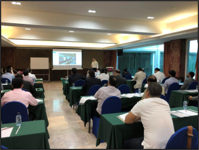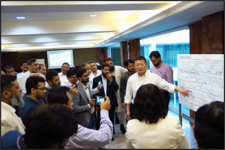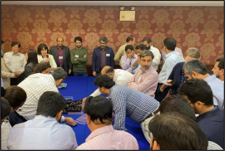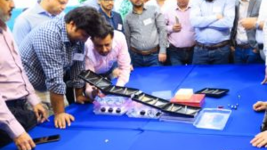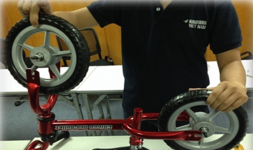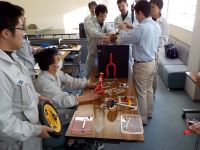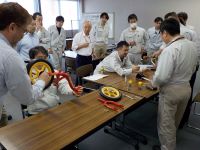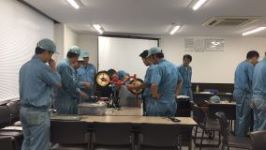The “Production Site Enhancement Training” is a participant-driven, hands-on TPS improvement seminar conducted at your factory by an instructor using tailored teaching materials.
This training provides participants with the knowledge and techniques to cultivate the ability to identify waste and strengthen improvement skills, aiming to help factories achieve high quality, high productivity, and short lead times.
Through hands-on exercises and the practical application of improvement methods using optimized teaching materials, participants will acquire the ability to drive cost-reduction activities and master cost-reduction techniques upon completing this training.
Seminar Overview
| Title “Production Site Enhancement Training (Three-Session Course)” | On-Site Practical Training for Enhancing Production Capabilities |
| Category Manufacturing Improvement / On-Site Training | Training for Production Sites |
| Format | Three-Session Course (3–4 Hours per Session) |
| Training Content |
|
| Schedule | To be determined in consultation. |
| Location | At your designated site. |
| Capacity | 30 participants (5 teams) |
| Fee | Starting from ¥300,000 per session (includes materials; excludes transportation, accommodation, and tax). |
Seminar Content
Program
Consultants from major companies
with experience in over 40 countries will respond.
Please feel free to contact us.
If you are in a hurry, please call us.
(Japan time)
Except for Saturday, Sunday, holidays, Year-End and New-Year holidays
